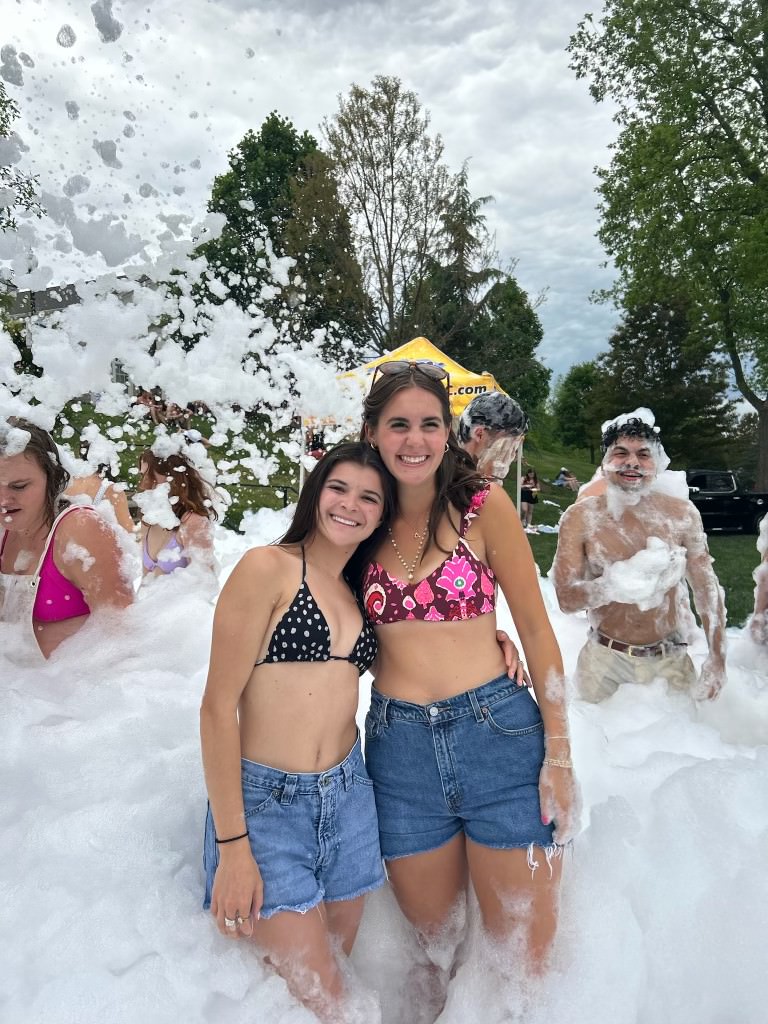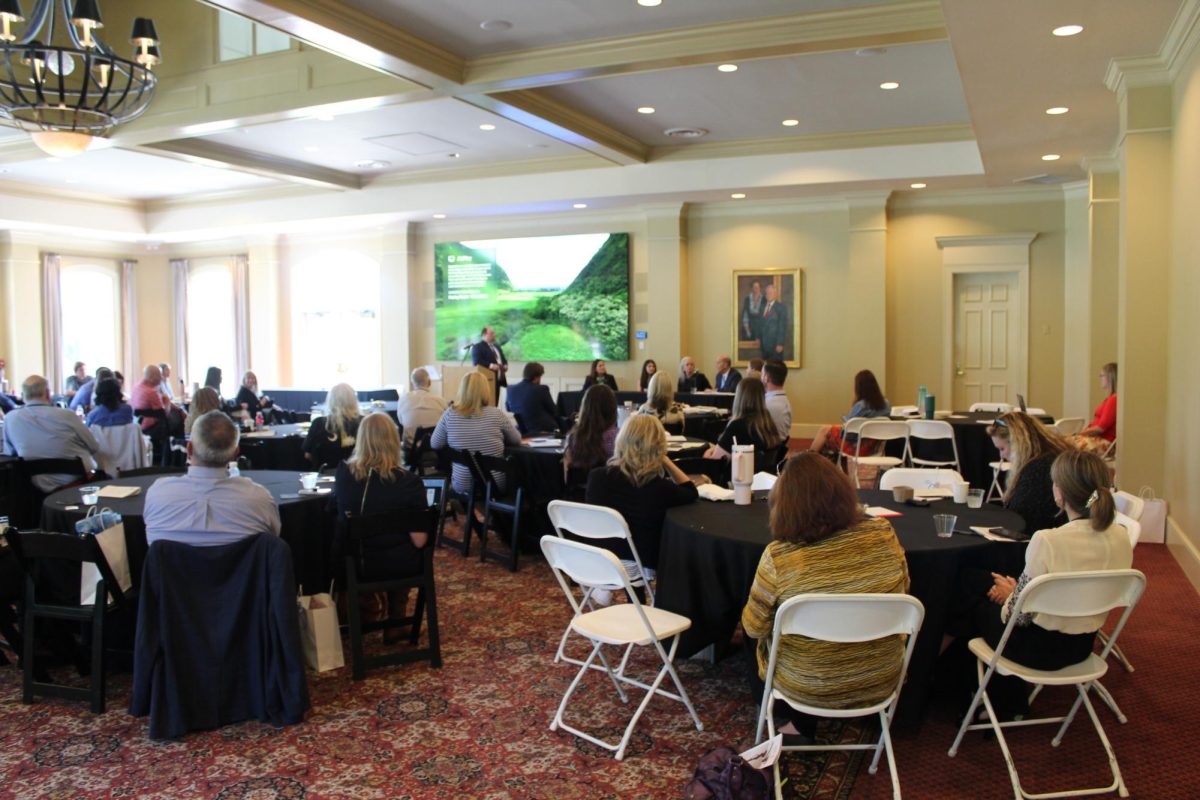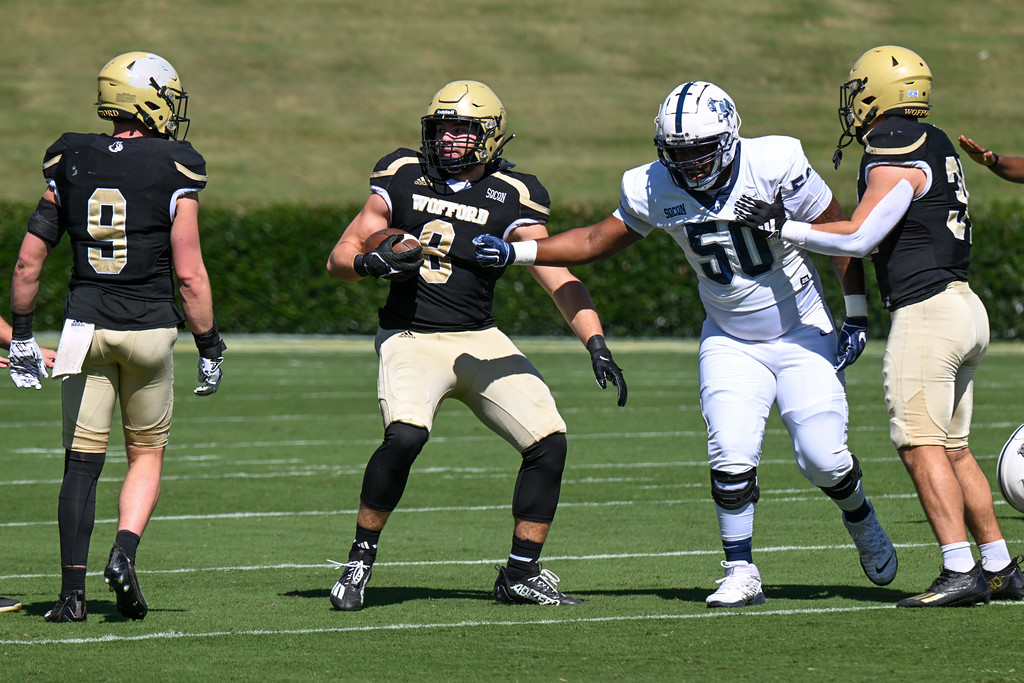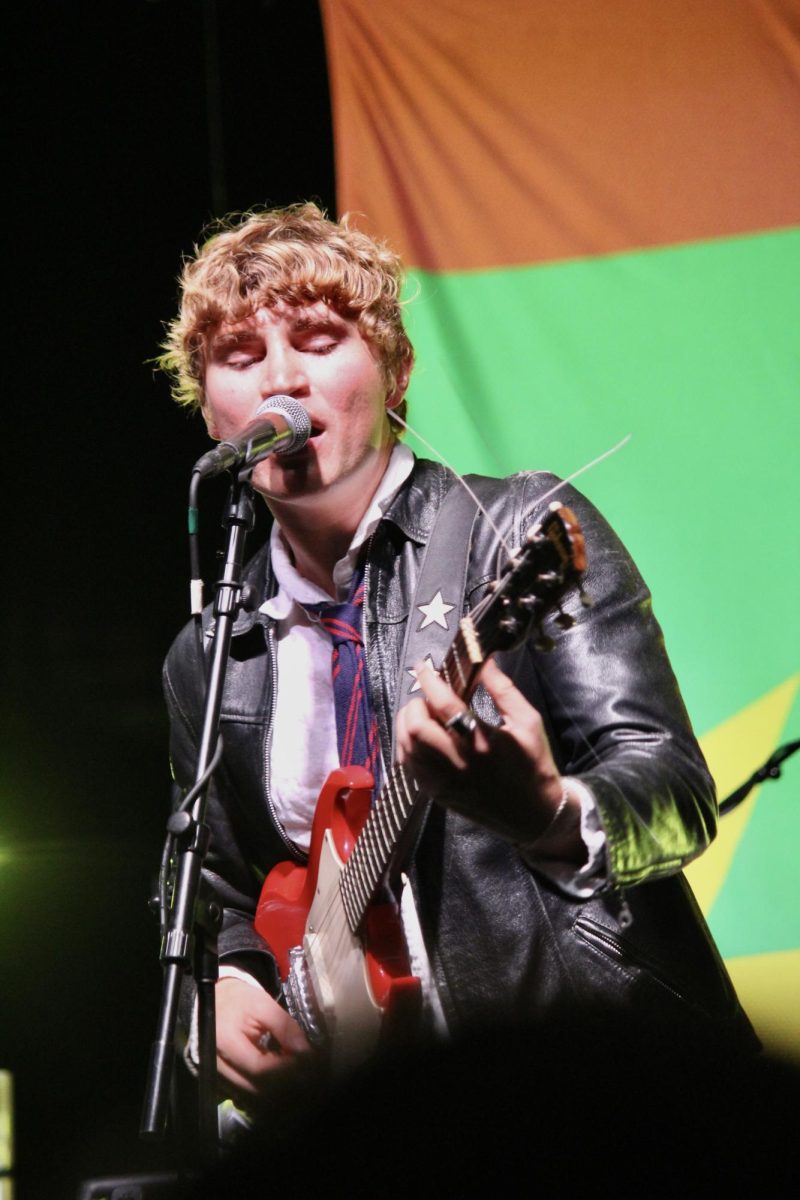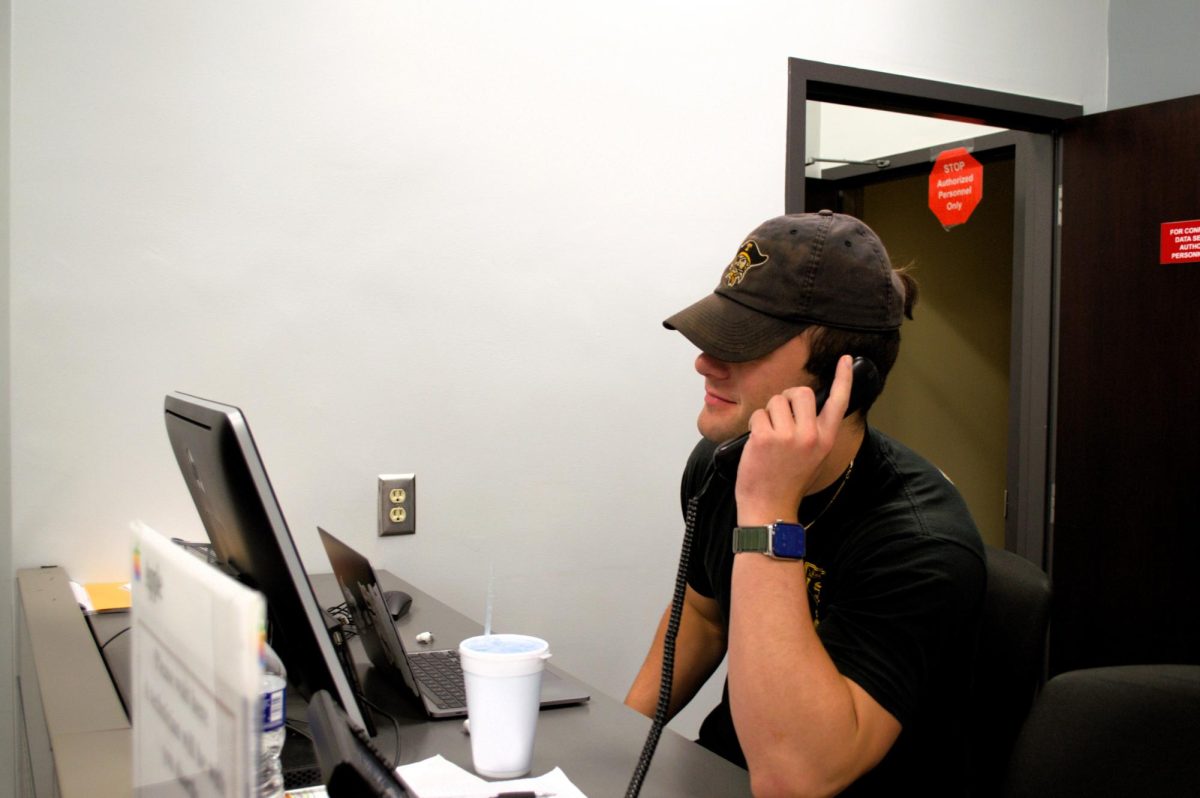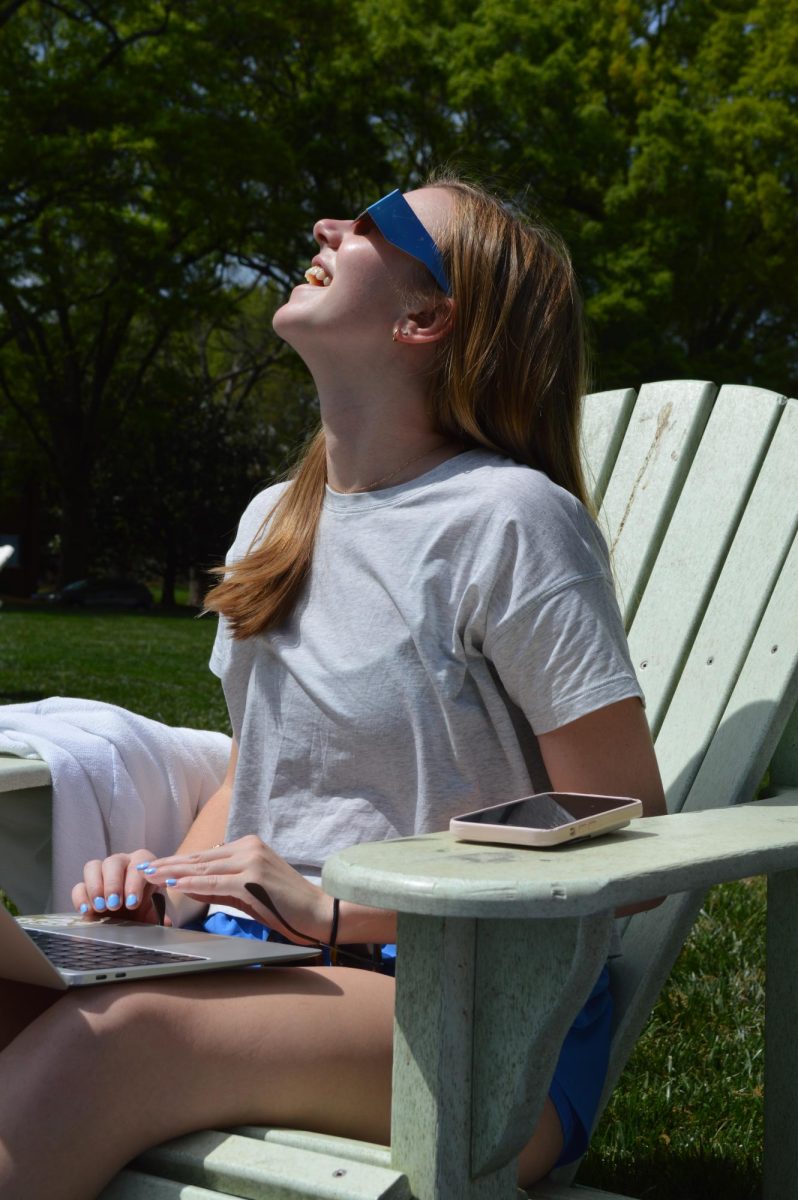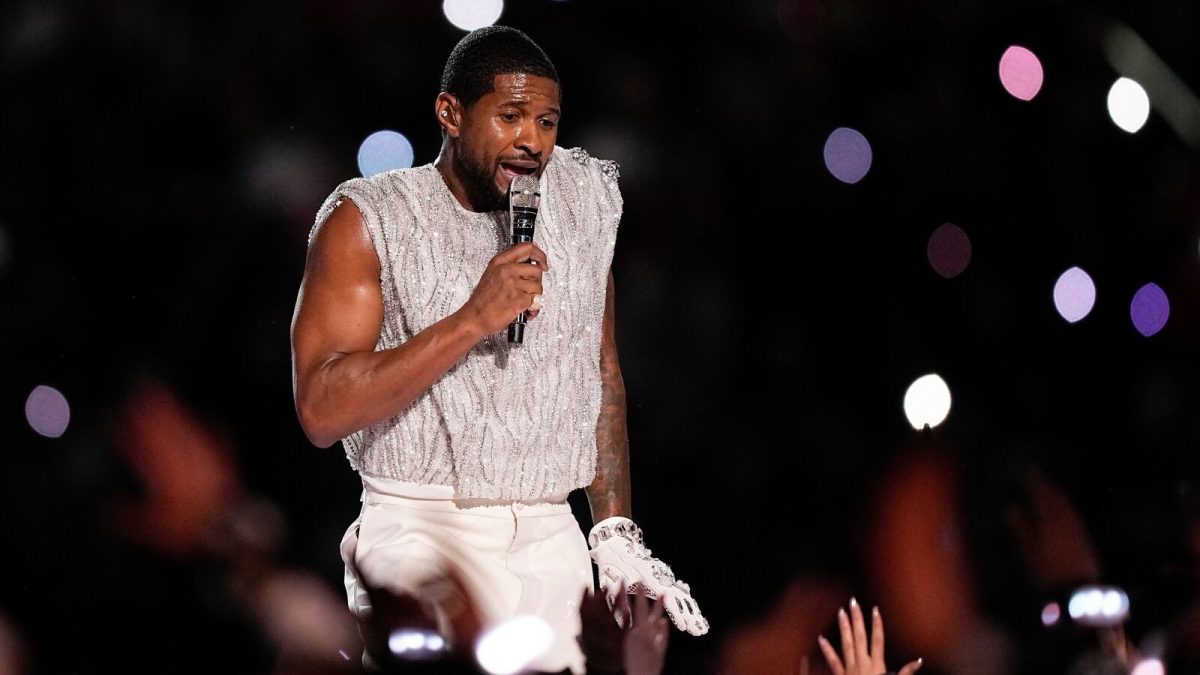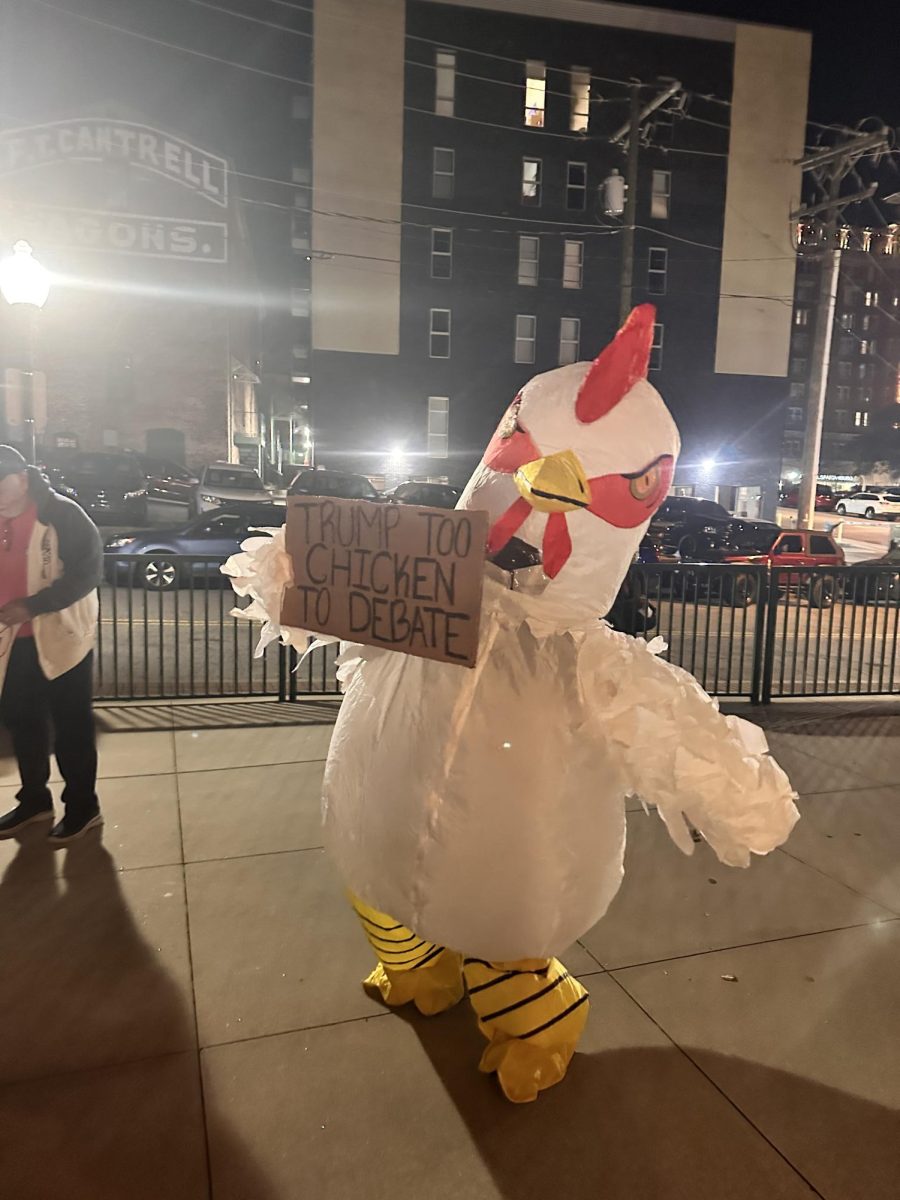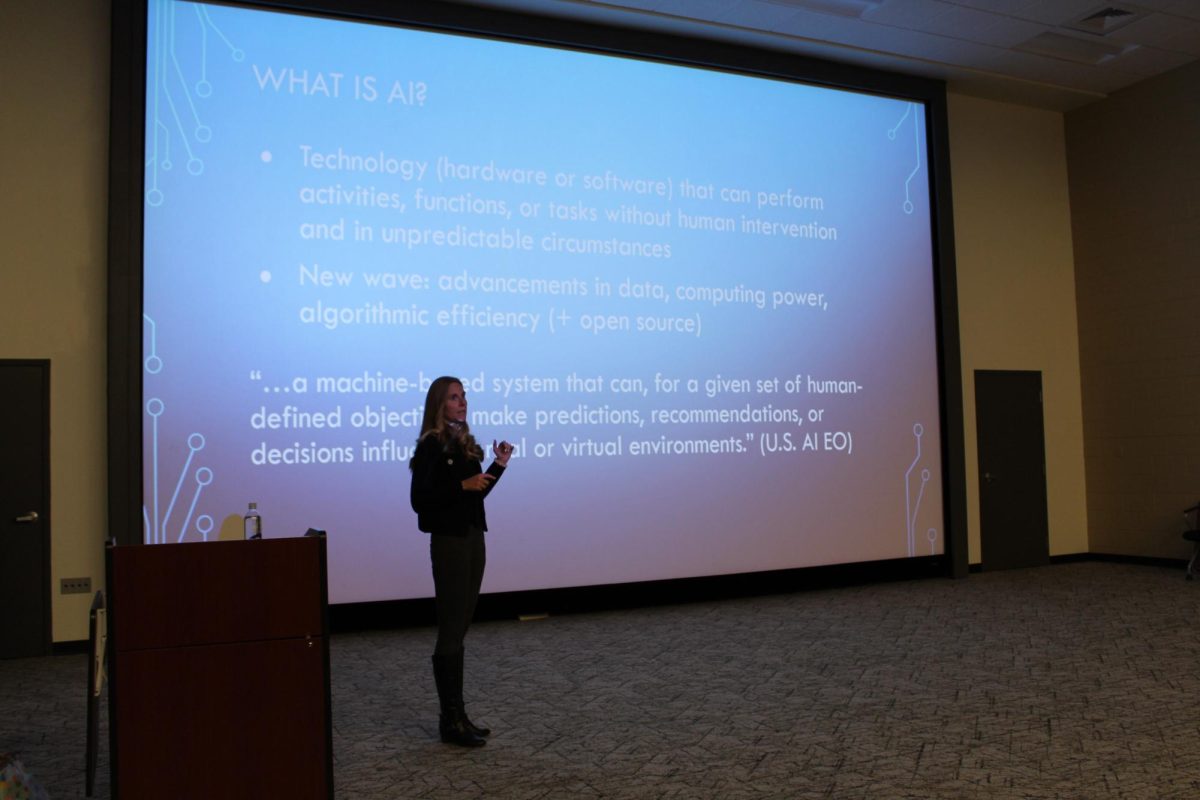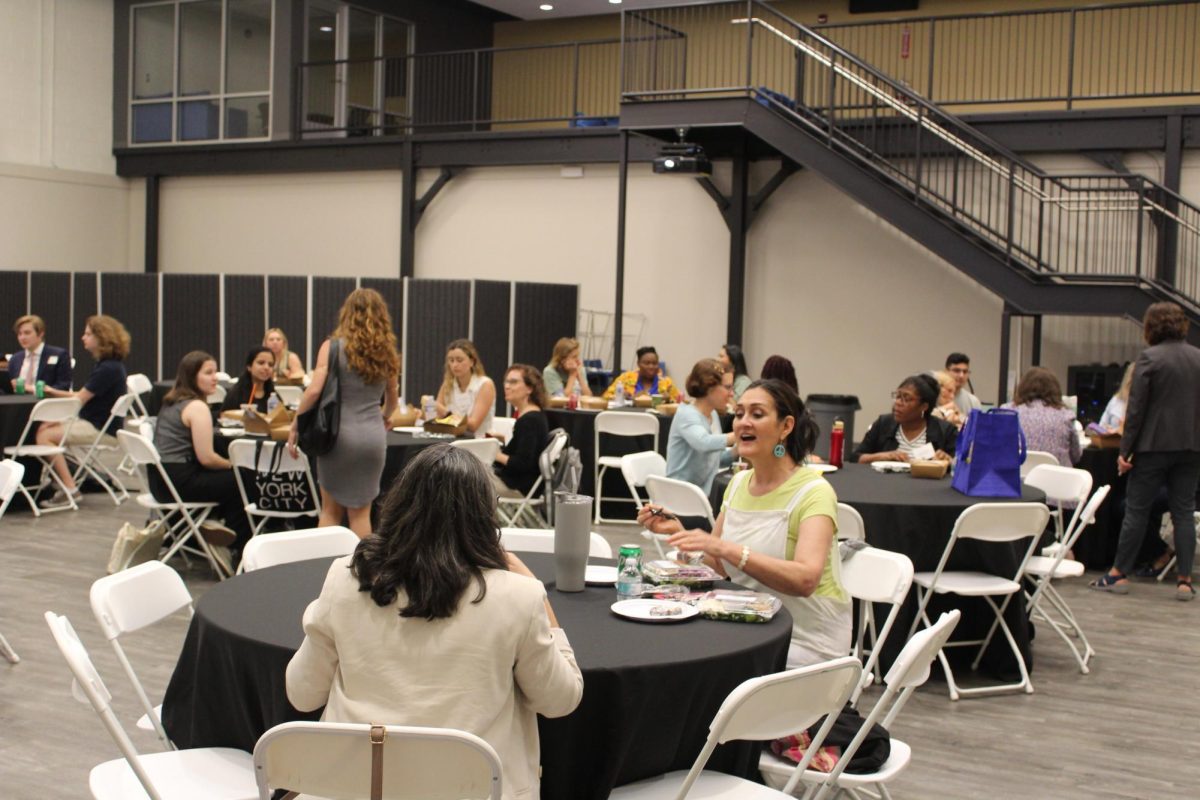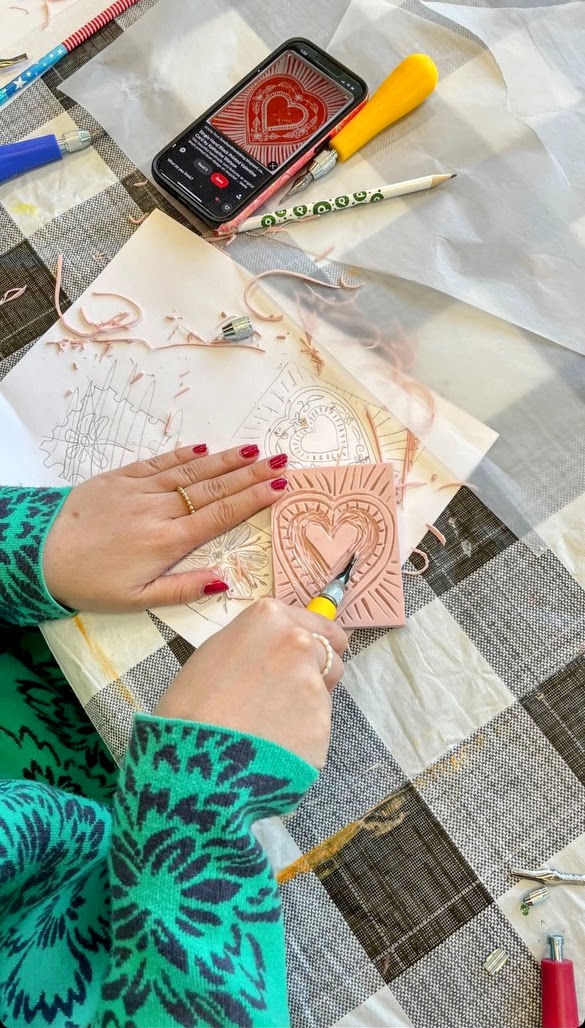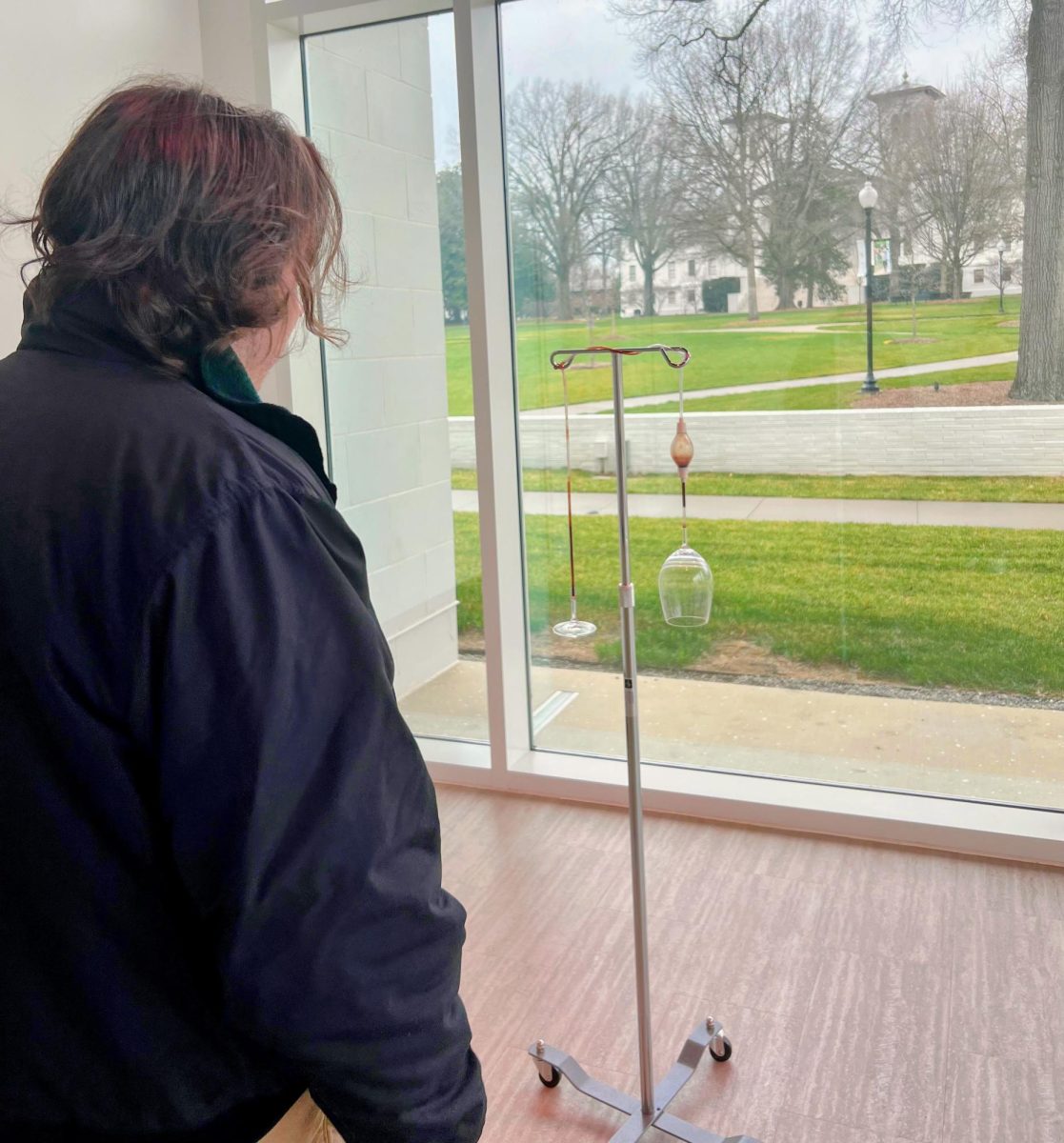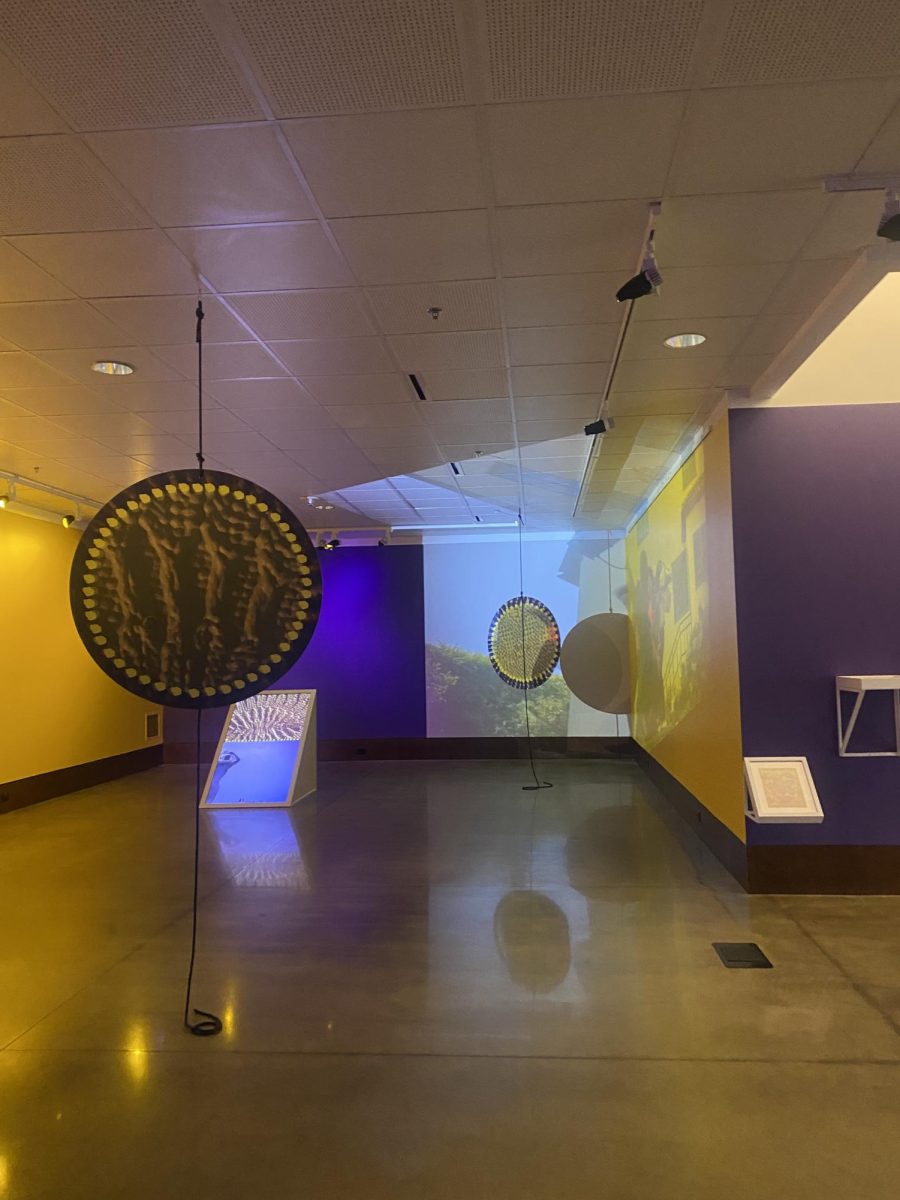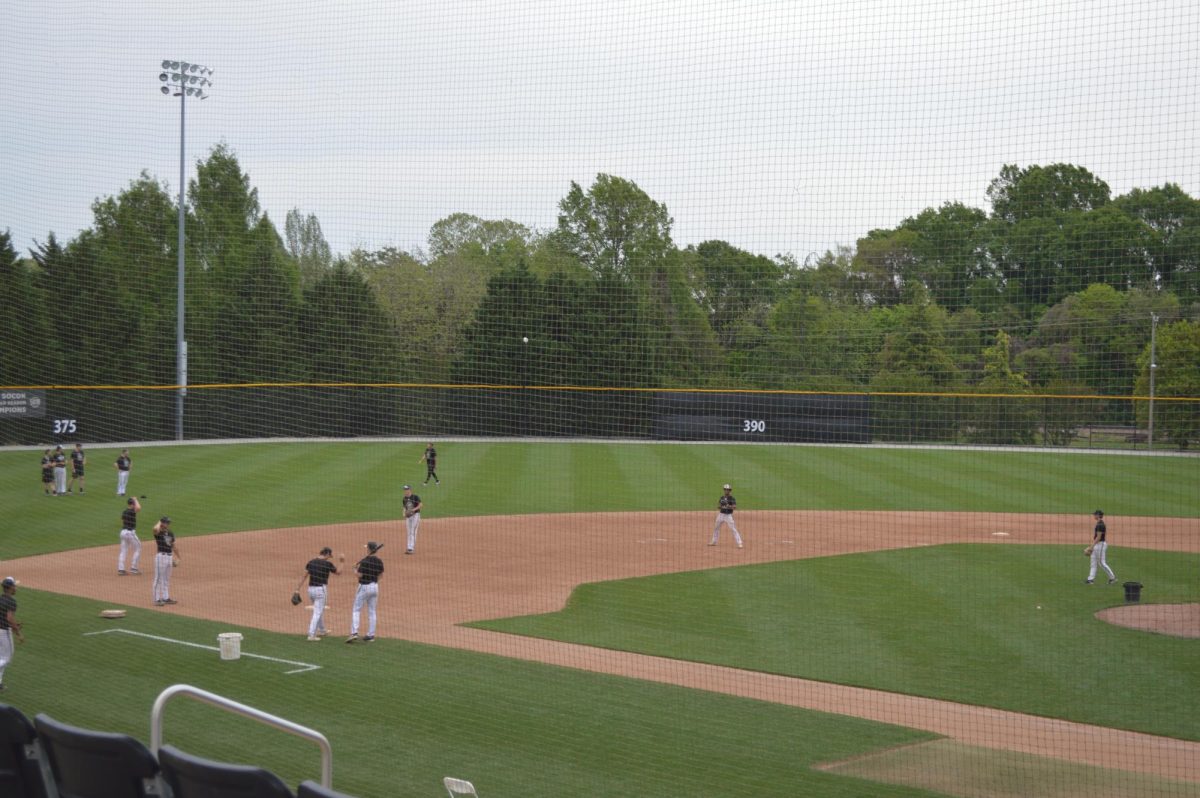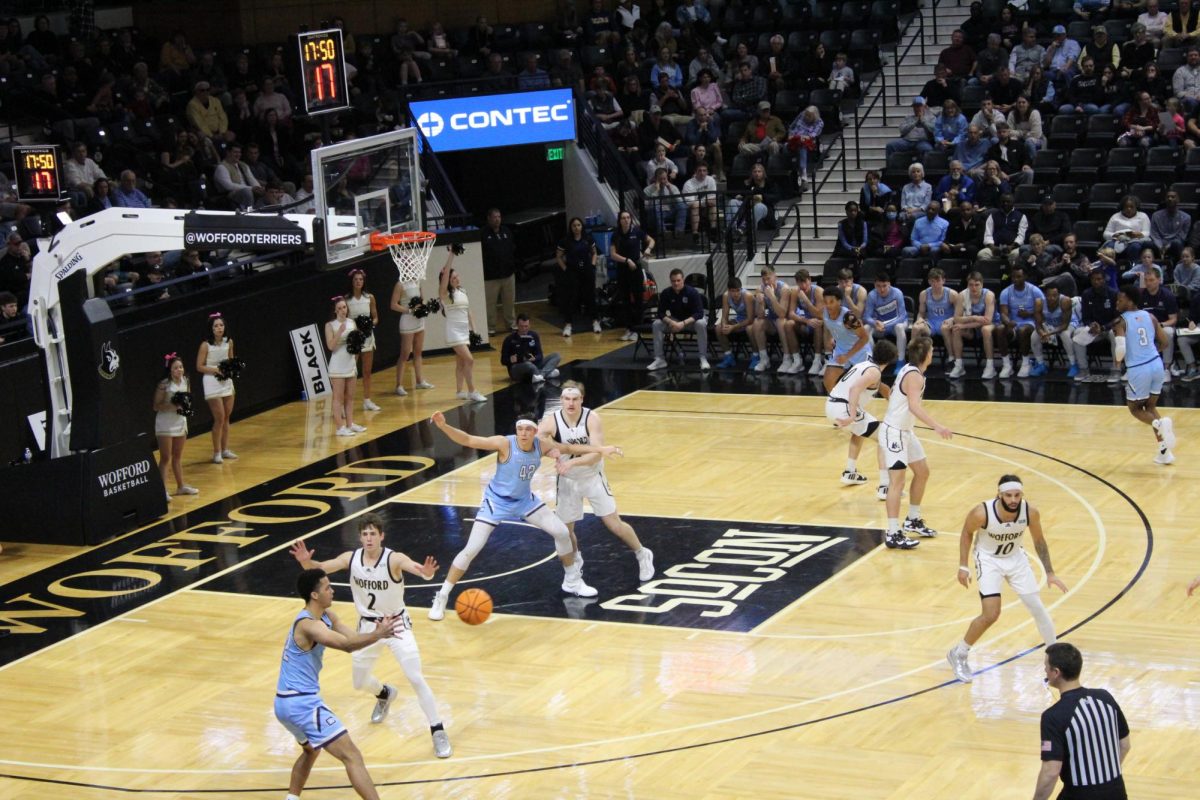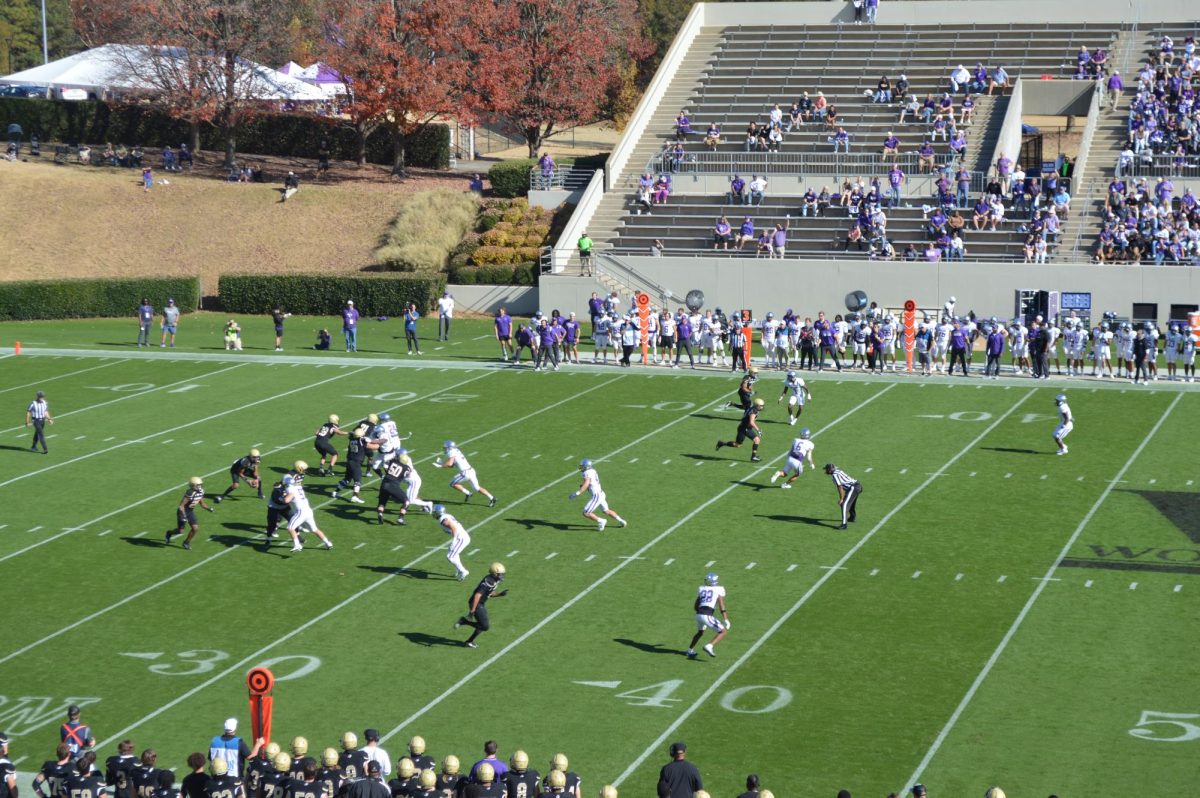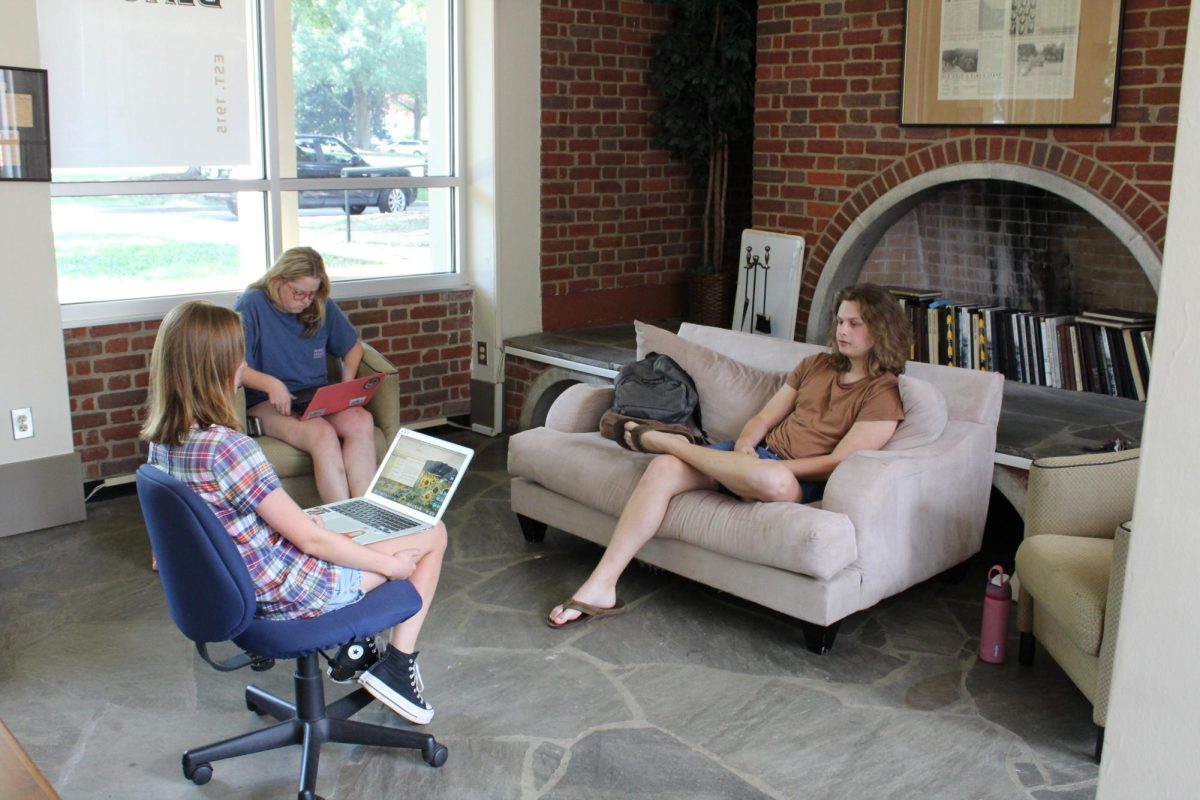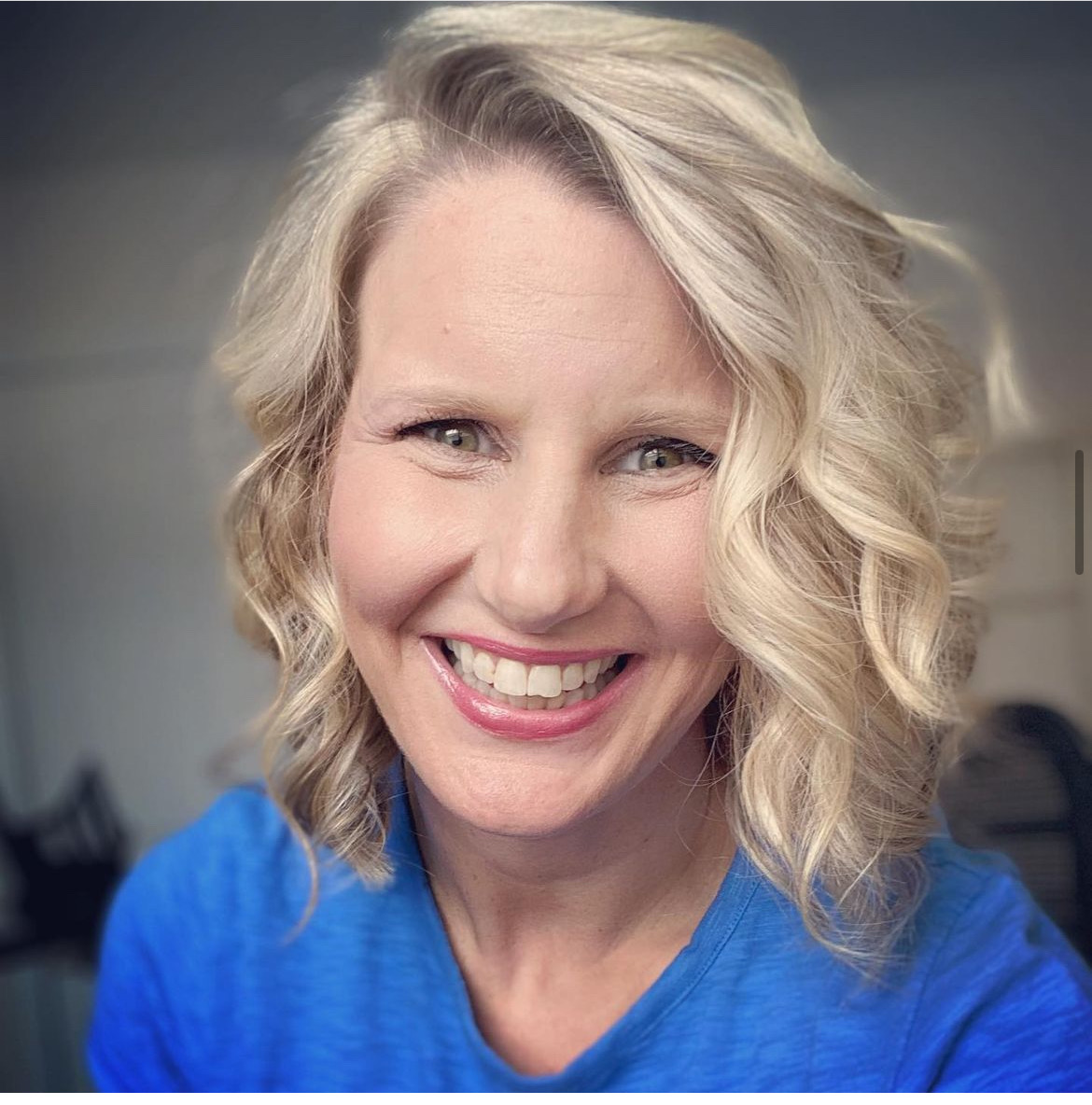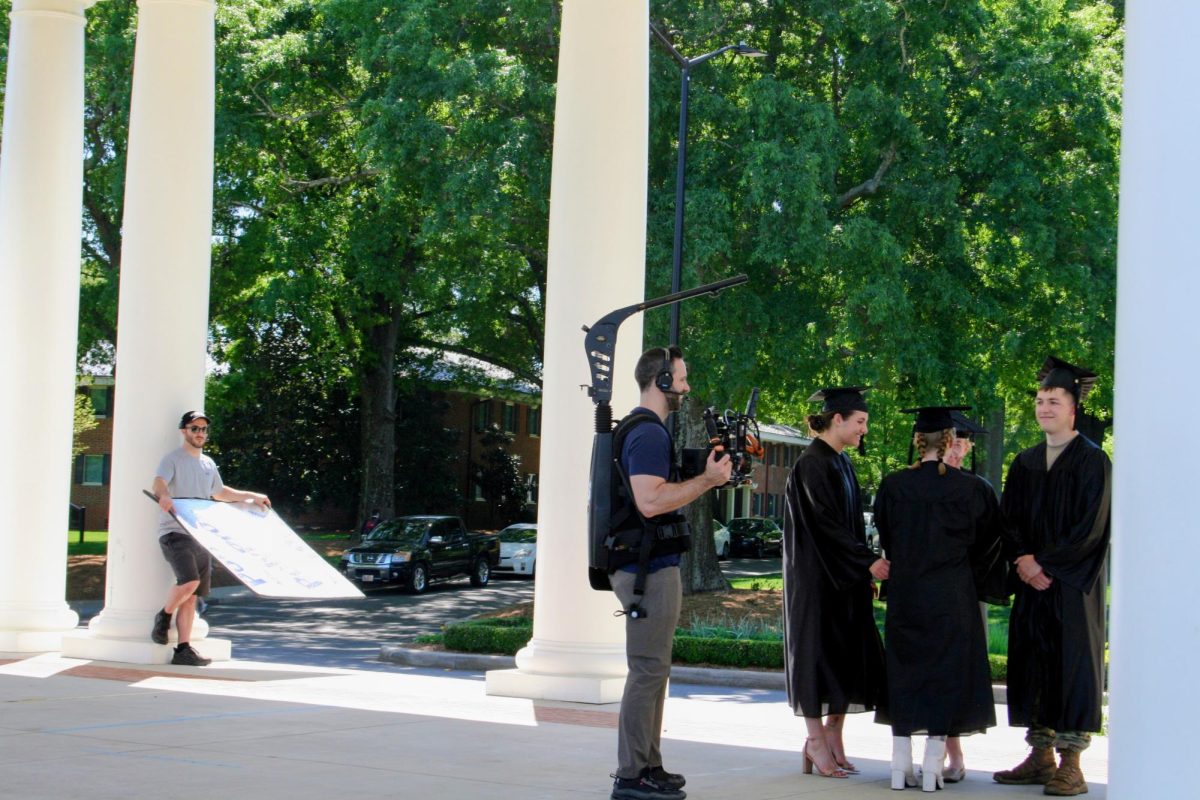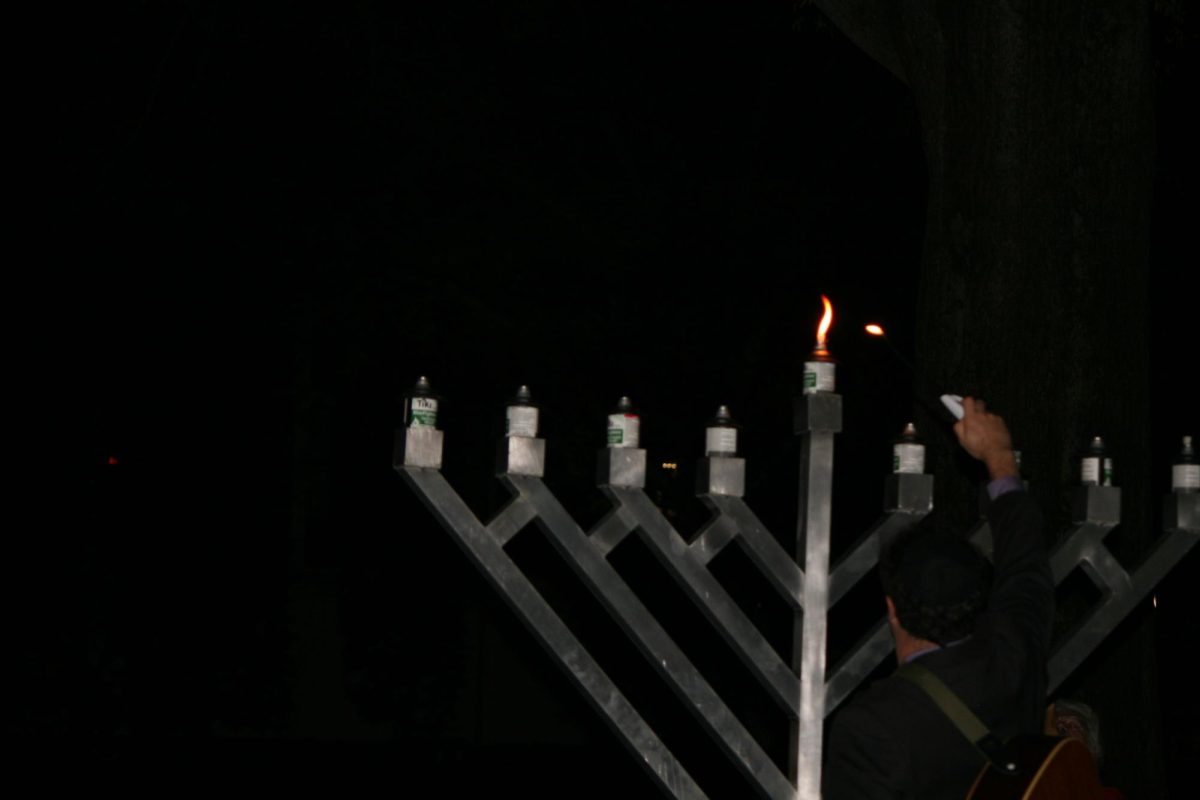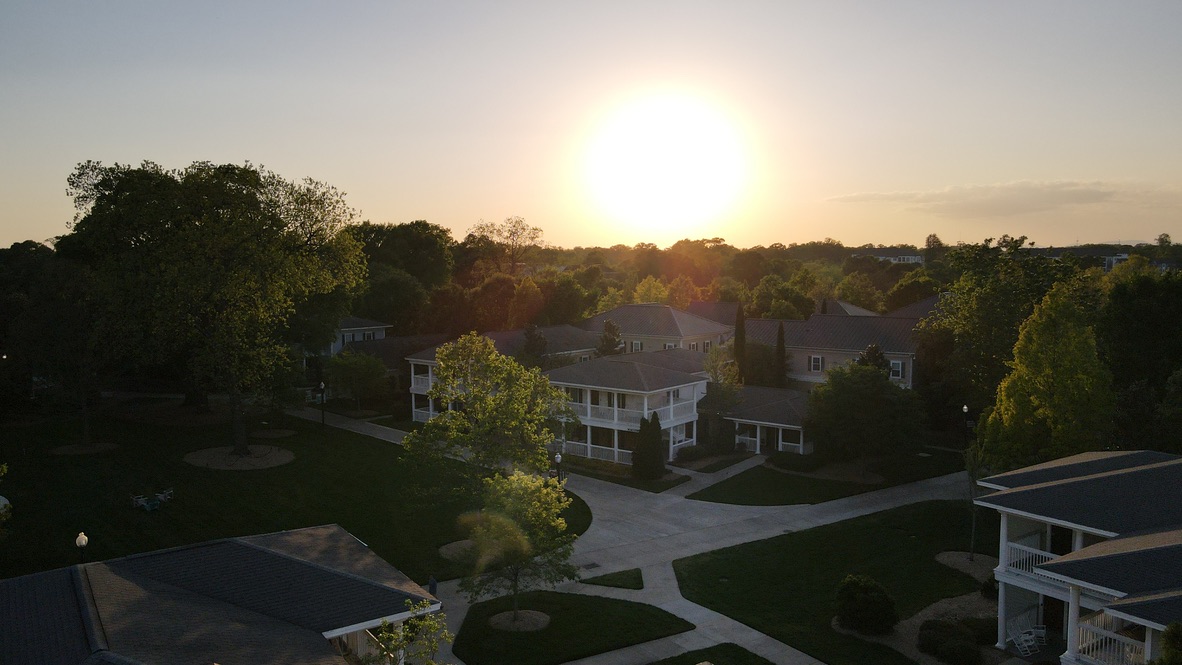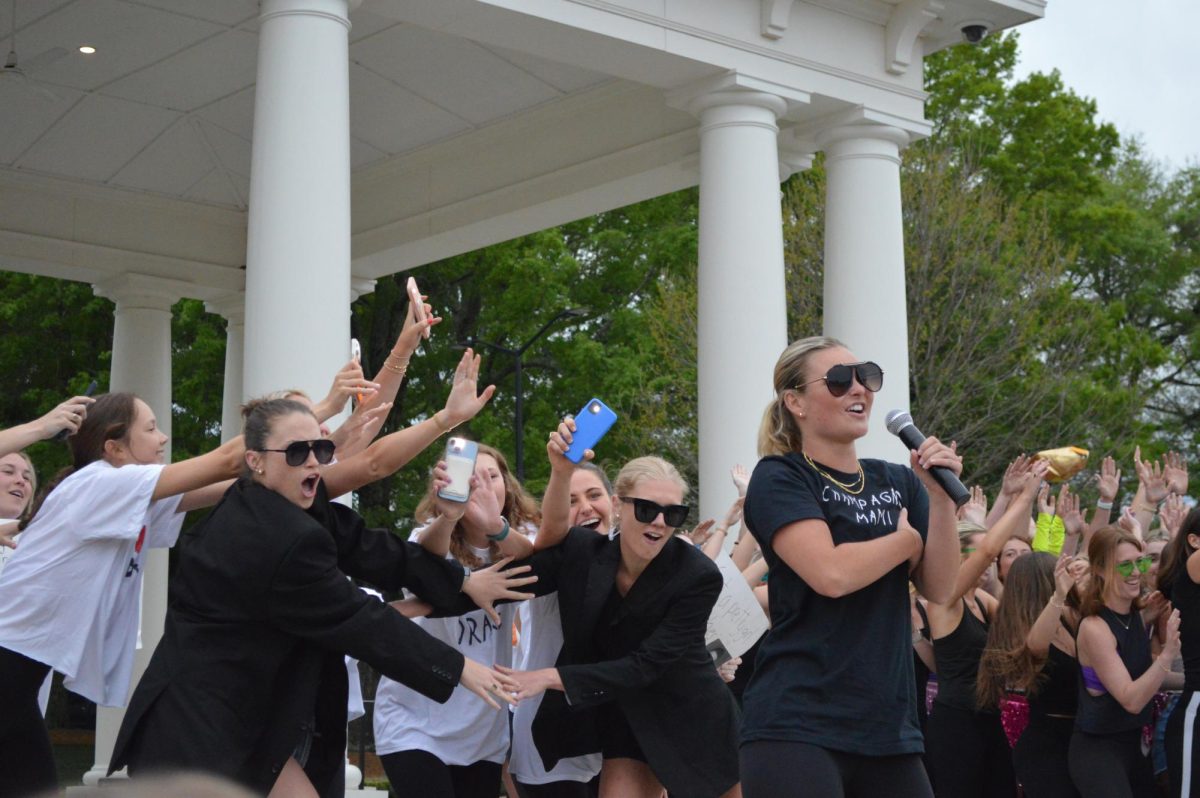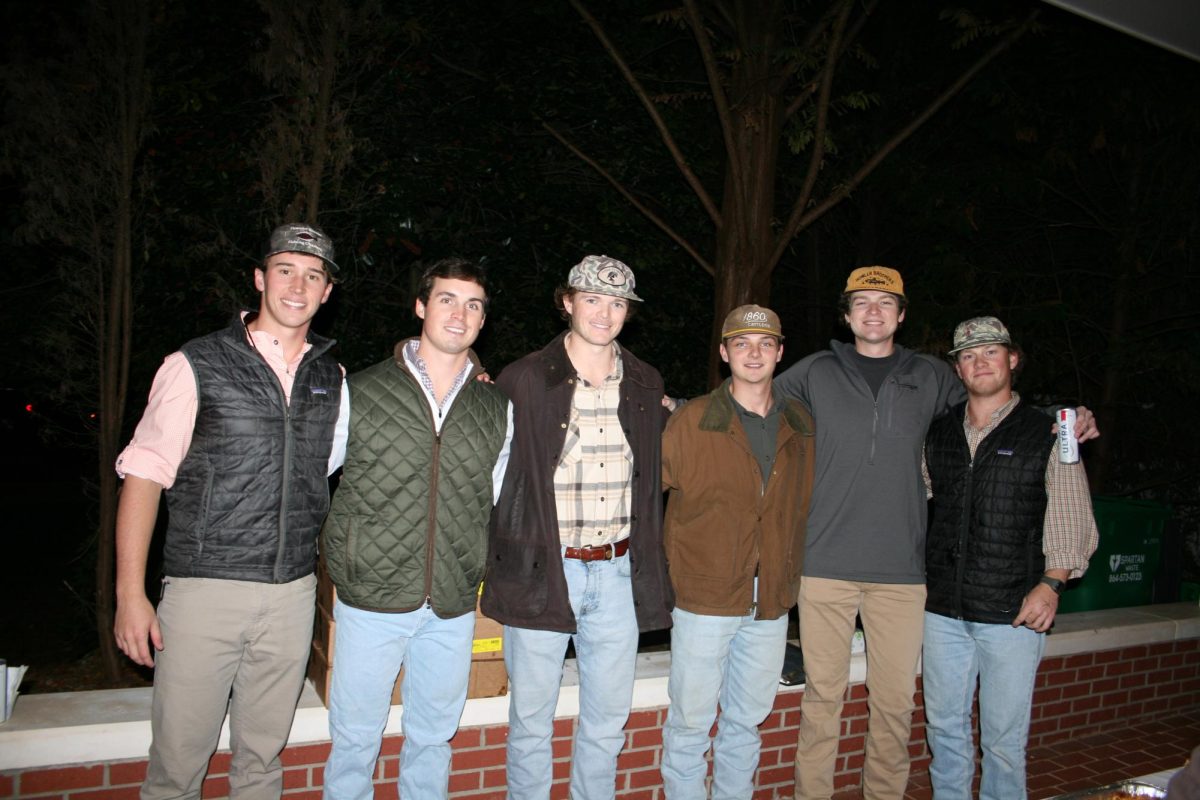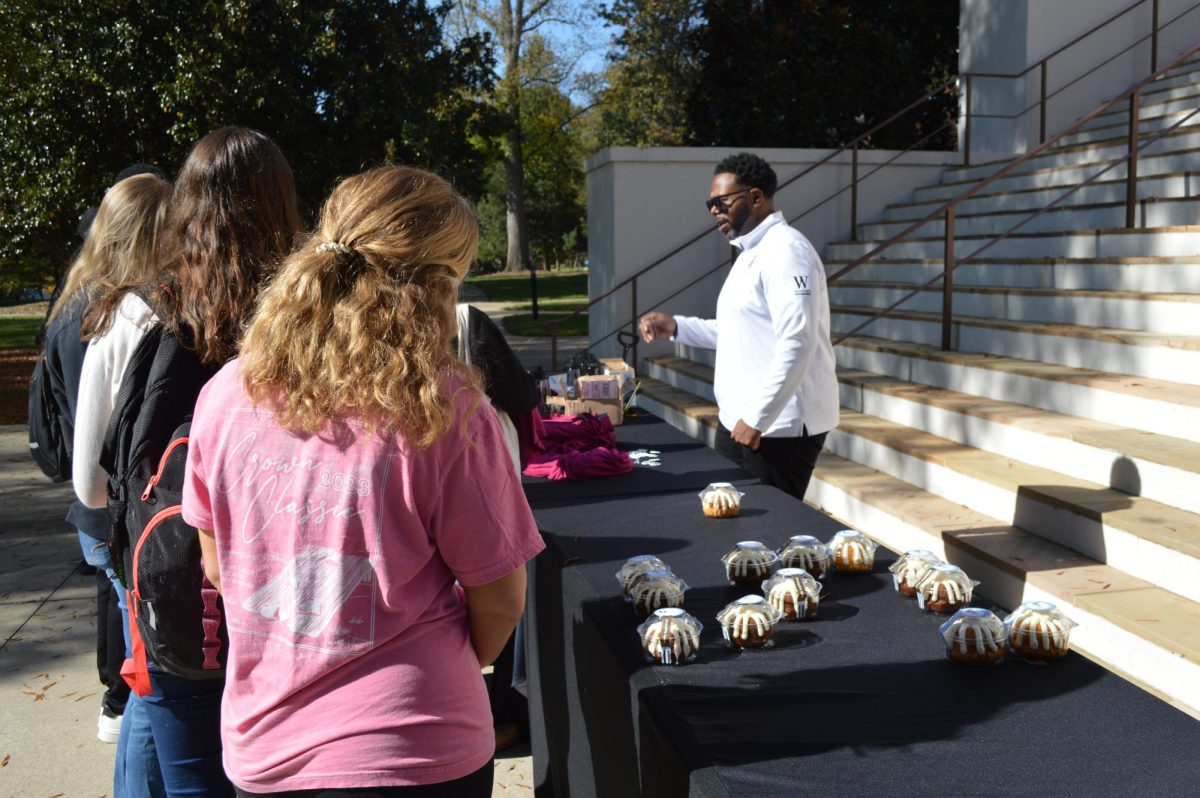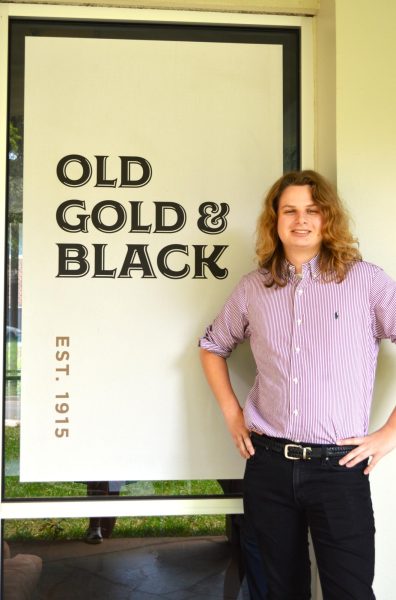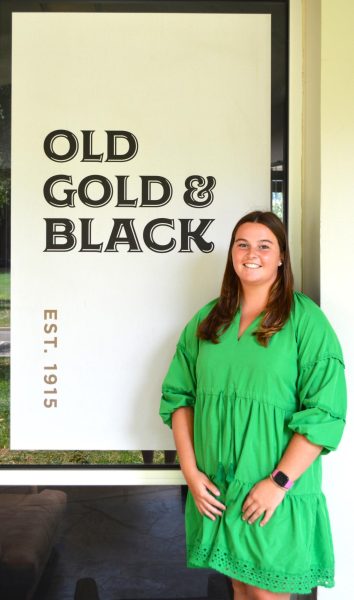The end of the calendar year marks what many would call the holiday season, and this is no exception at Wofford. But what most Wofford students may not know is that one of the most known of these winter holidays isn’t one of the most important to those who celebrate it.
On Dec. 4, Wofford hosted their annual Candlelight Carols and Lighting of the Menorah event in Leonard Auditorium. This is recognized as the “festive” beginning of the winter holiday season for Wofford with a celebration of both Christmas and Hanukkah that highlights the importance of religious diversity on campus.
Reverend Ron Robinson, Wofford’s Chaplain and a professor of Religion, sees the Hanukkah celebration that happens at the event as a way for Wofford to demonstrate its promise of liberal arts.
“Celebrating Hanukkah here became a great opportunity for Wofford to acknowledge that we’re made up of a lot of faiths, and those with no faith at all, and we want to honor that,” Robinson said. “Christmas is a season of light, and Hanukkah is a season of light, so we fused those two together and, despite their different significance, it is important here”
Events like the Candlelight Carols can open up and maintain many conversations about the diversity of religion at Wofford.
“The first year we began lighting the menorah, we had students who didn’t know the story, and that is probably still the case. (Celebrating) it became a way for us to be a diverse community,” Robinson said. “The menorah we have is a gift from an alum; he and his family are often there when we light it.”
Hanukkah is not the only Jewish holiday celebrated here at Wofford. Robinson recounts that there are at least four total that are annually celebrated on campus, and a few more done independently by students.
“We have for a long time also had Passover, which is in the springtime, and is a more major holiday,” Robinson said. “In the past seven or eight years, we have had Rosh Hashanah, which is the celebration of the New Year, and Yom Kippur, which is the day of atonement.’”
Robinson recounted one of his favorite Wofford stories is one of the early Passovers celebrated at Wofford. In this story, Wofford’s Jewish students wanted to host a Passover but needed and received help from Christian and Muslim student organizations to prepare for the event.
“This goes to our distinct community here; people live together and know each other,” said Robinson. “They don’t go into their own little sections but are curious and kind to each other.”
Robinson also pointed out the many other holidays recognized and otherwise celebrated at Wofford, of which he could pull from memory those of Islam, Hinduism and Buddhism, as well as some Secular Humanist celebrations.
As mentioned, many students may not know the background of these holidays. Ingrid Lilly, an assistant professor of Religion who teaches classes on the Hebrew Bible and modern Judaism, spoke on the differences in how these holidays are understood popularly and what they actually celebrate.
“Hanukkah isn’t a big deal in Judaism, the basis of the religion isn’t even in the Tanakh,” Lilly said. “It is studied by many scholars today though, because it is one of the ways many Jewish people negotiate their identity as separate from Christianity.”
Lilly goes on to explain the story from the Books of Maccabees on how, during a dire moment in ancient Israel, it was likely that the Temple in Jerusalem would run out of supplies, but the oil they had lasted eight days instead of the one day that it usually would.
Both Robinson and Lilly pointed out the modern evolution of the holiday into a celebration of light.
Lilly also discussed Passover as one of the most important holidays in the religion. She discussed that the name either refers to the final plague in Egypt or the crossing of the Red Sea in the story of Exodus.
In a modern context, Lilly discussed how the religion had evolved into a pilgrimage until the early centuries CE, during which the festivals that were celebrated at the temple changed to the meal, paralleling the stories and prayers told during the holiday.
Regardless of whether these and many other holidays continue to change over time or enter into a constant form, what is certain is that Wofford will continue to demonstrate its openness to a variety of religious identities and holidays.

